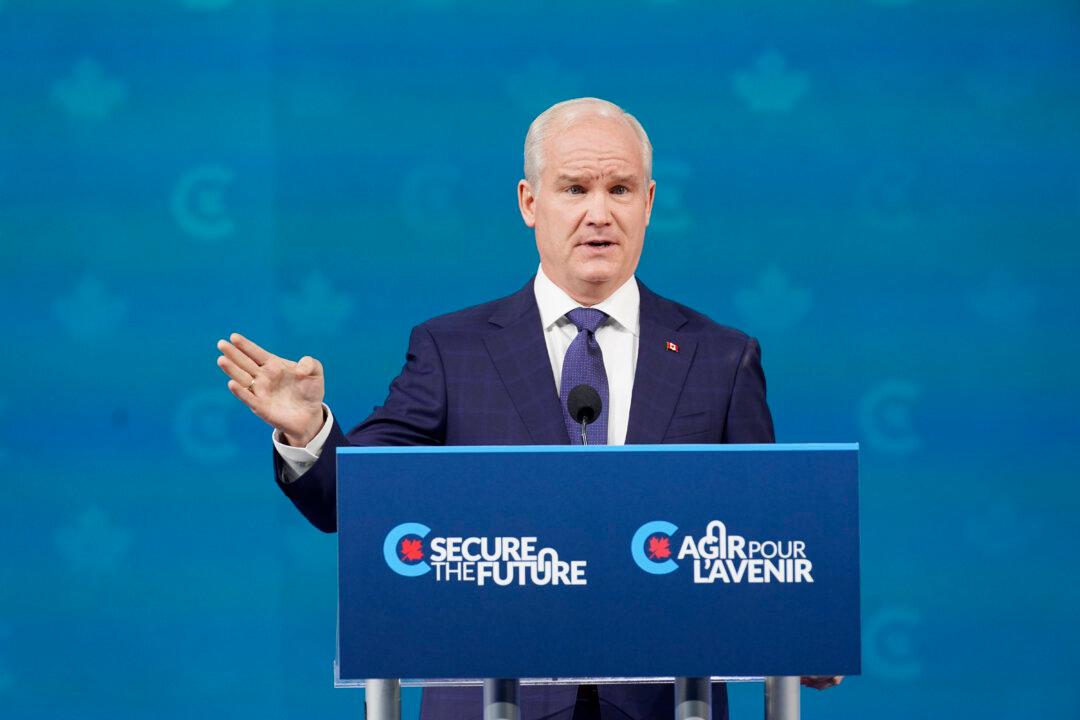Chinese state media and pro-Beijing actors ran propaganda campaigns to smear the credibility of Conservative candidates in the last federal election, says the director of a foreign disinformation monitoring and debunking organization. The narratives pushed in those campaigns indicate a “likelihood of a coordinated operation” to influence Chinese-Canadian voters.
Testifying before the parliamentary House Affairs committee on Nov. 3, Marcus Kolga, director of DisinfoWatch, said weeks before the federal election on Sept. 20, 2021, his team was alerted to “Chinese state media narratives that directly targeted the Conservative Party and its leader Erin O’Toole.”





